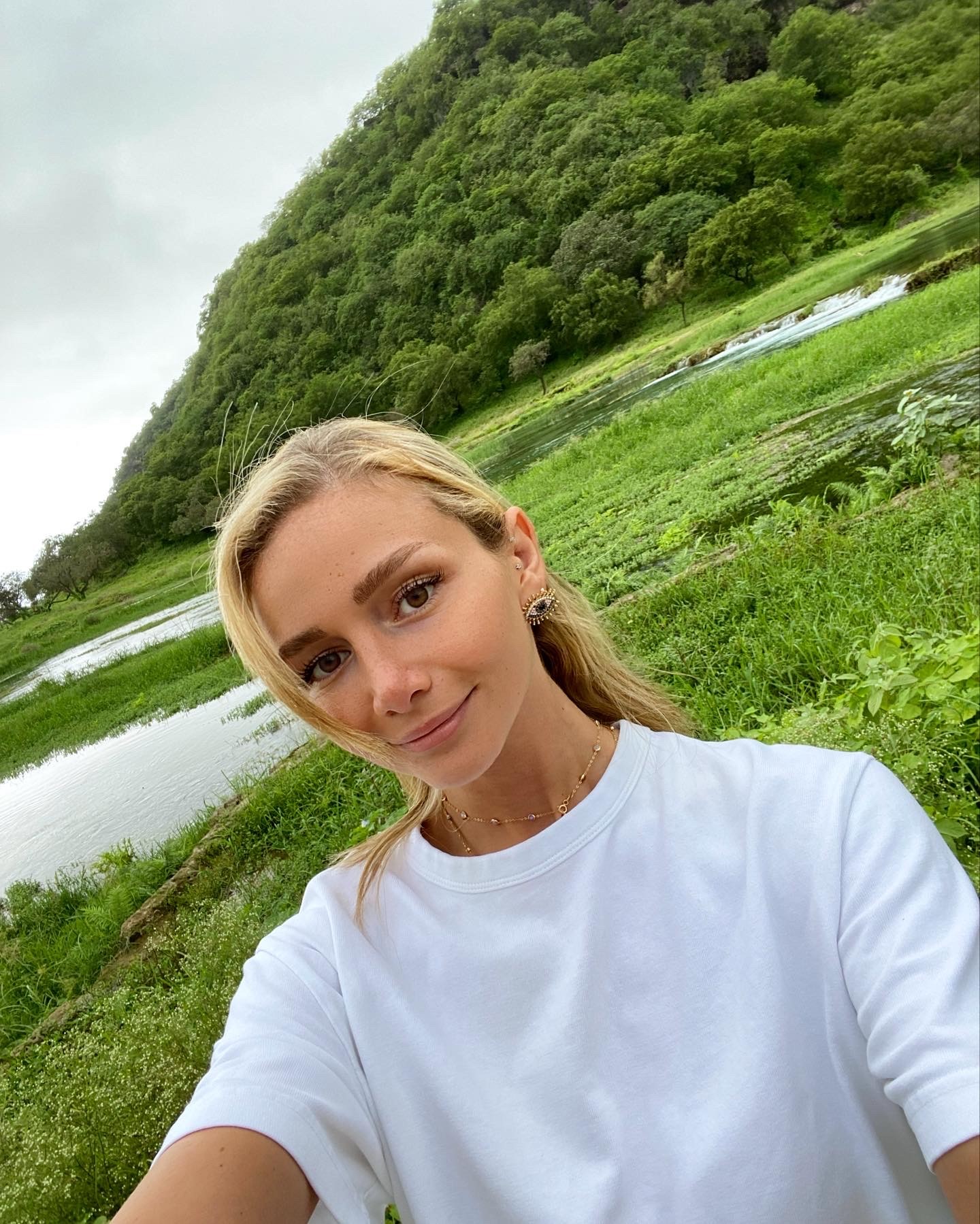Newsfeed
When a piece of paper identifies you as a citizen of a certain country, what happens to your identity when you no longer own any official documentation? This is a question that millions of refugees around the world ask themselves on a daily basis, and the Middle East is no stranger to displaced people who were forced to exile their homes.
With over 13 million refugees from Syria, seven million refugees from Palestine and millions of others from neighbouring countries, the Middle East has produced the largest number of refugees and displaced people in the world. Whilst conflict in some areas may have subdued, the repercussions that citizens experience until this day is a never-ending challenge. Most of these refugees are denied the right of return to their homelands, which is a universal humanitarian right to every person according to several entities, including the Universal Declaration of Human Rights. These stateless people are not only denied this right, but are also denied the right to education, freedom, as well as any opportunities which are shattered because of the unbearable living conditions they face.
Each of these refugees once had dreams and ambitions of their own, and yet unfortunately, it is objectively almost impossible for any of these dreams to see any fruition into reality.
If we identify ourselves as the country named on our passports and official documents, what do people who have none of these identify as? Does one lose their identity after they lose their home?
I asked Yahya Kaddoura, the son of Palestinian refugees who were born in a refugee camp in Lebanon, how he identifies. “When people ask me where I am from, it’s more complicated for me because I cannot just say I am Palestinian. I have to explain the whole story, my parents story, that we have refugee passports. This has caused a lot of trouble for us over the years.” He continues, “sometimes I think second generation refugees face more struggles than first generation refugees do. First generation refugees have memories of their country and their homes, they easily say they are Palestinian or Syrian or wherever they are from. But if you were born in a refugee camp, like my parents were, who are you? You don’t have a nationality or a place where you belong. There is no sense of belonging.”
The idea that identity is linked to a piece of paper is a social construct. An identity is more than a tangible item that can be taken, stolen or ripped up before your eyes, just as it was for my own mother. An identity is your own self-image, your own sense of who you are. There should be no difference between a person who is forced to exile and seek refuge in comparison to someone who does not.
Universally, the world commemorates several days throughout the year with international holidays. Only days ago we were celebrating father’s day, in a few weeks time we will be celebrating Eid Al-Adha, and months after it we will celebrate Christmas Eve. But what about those days that signify no joy whatsoever? What is it that we do on days like today, why is it that we commemorate a day like World Refugee Day? It is almost impossible to feel a celebratory sentiment on a day like today, just as it is during Black History Month or on the anniversary of the Nakba. Today will be a day like any other for most of us. We will wake up, go to work, eat our meals and kiss our loves ones good night. But for every refugee across the globe, today is another day of the thousands that they must endure inhumane living conditions, lack of any opportunities as well as the constant reminder of their beloved homes and families which they had to leave behind them. They strive to look to the future but face numerous obstacles on any route towards it
Today, let us think of the refugees that have lost their homes, their lands and their families around the world. Let us commemorate them, pray for them, and the only thing we should celebrate on a day like today is their resilience and perserverance.









